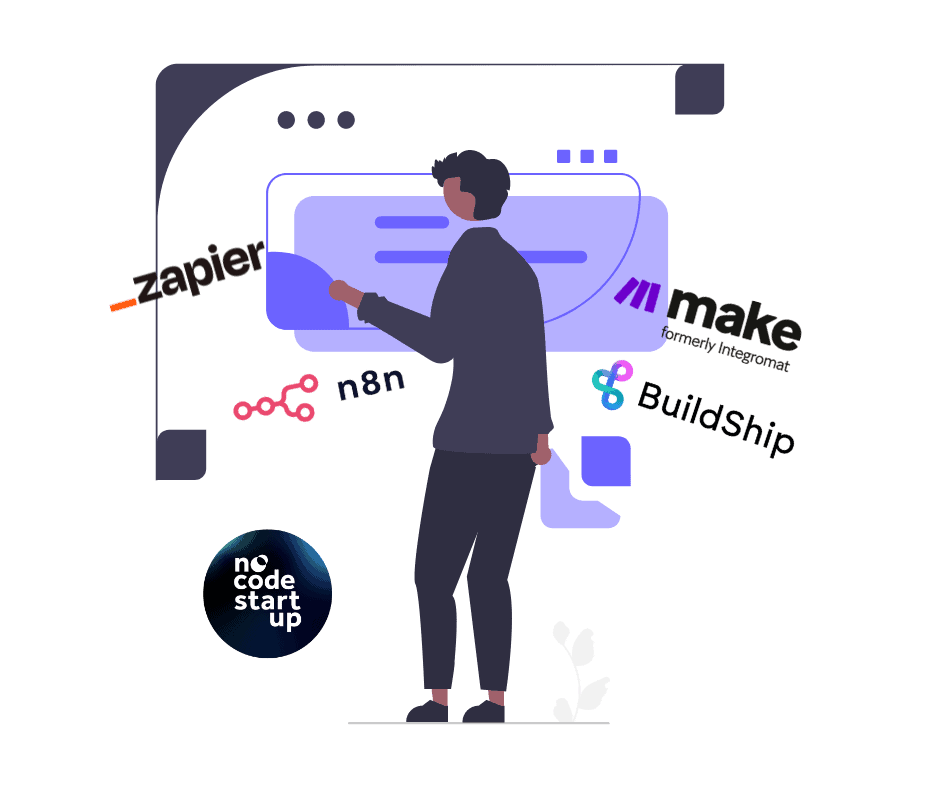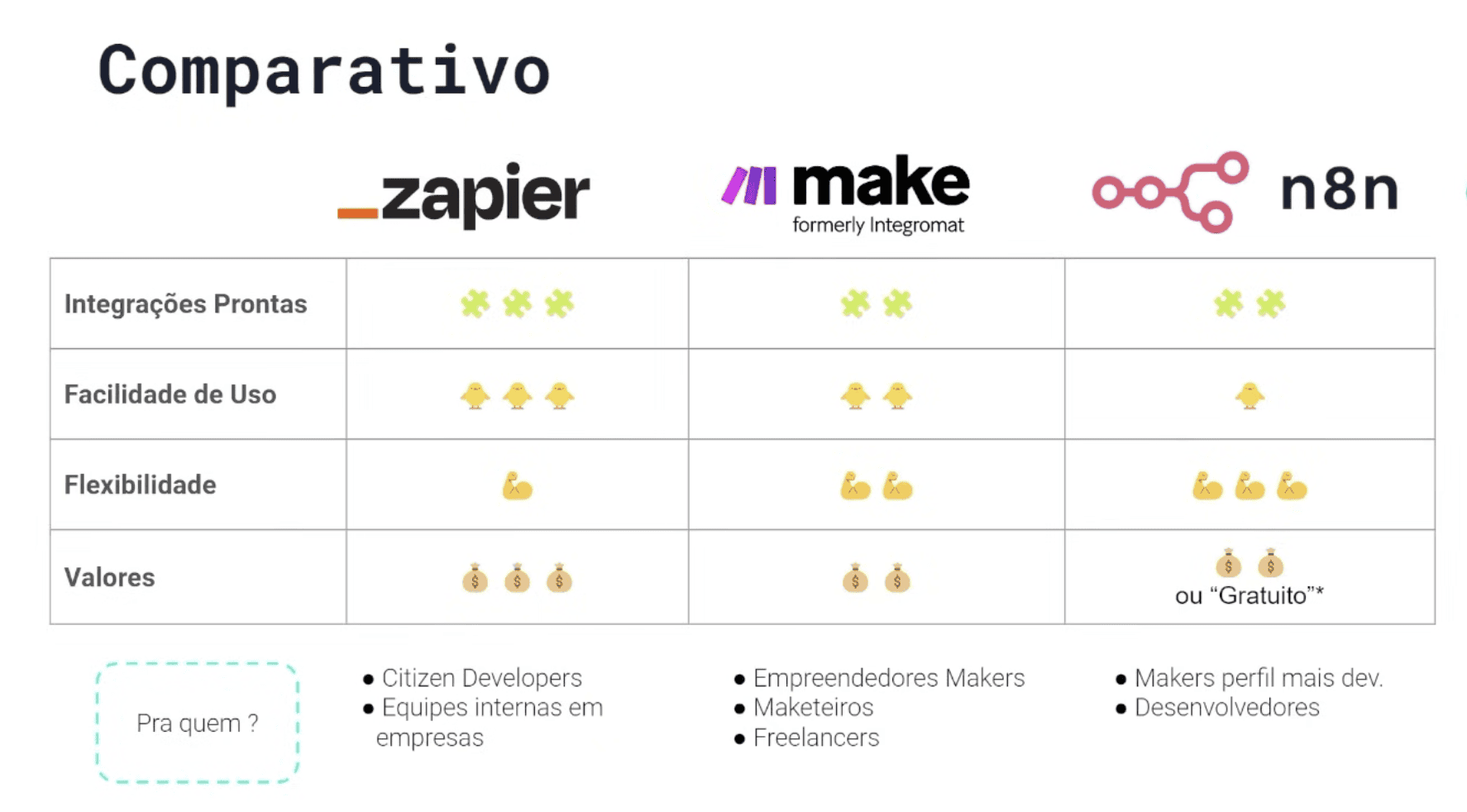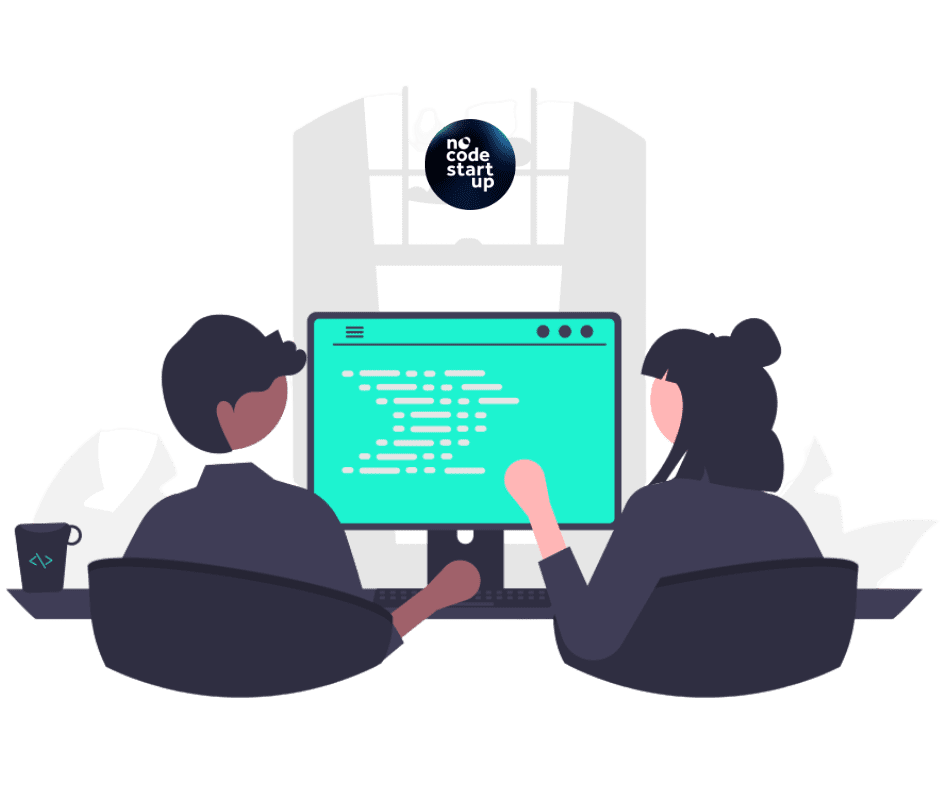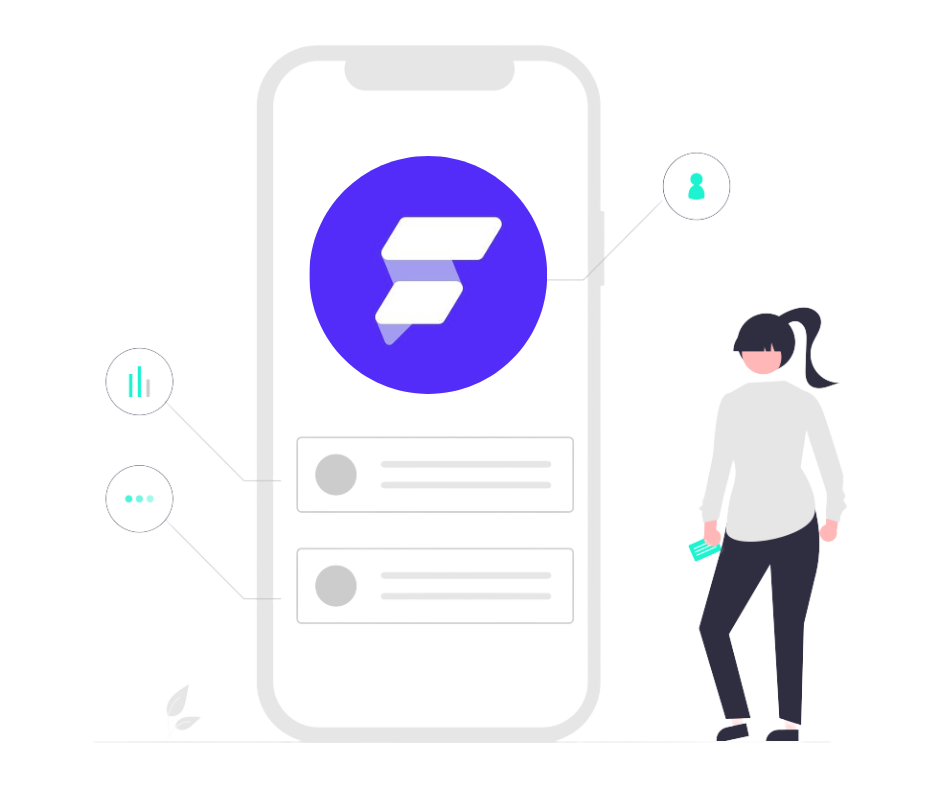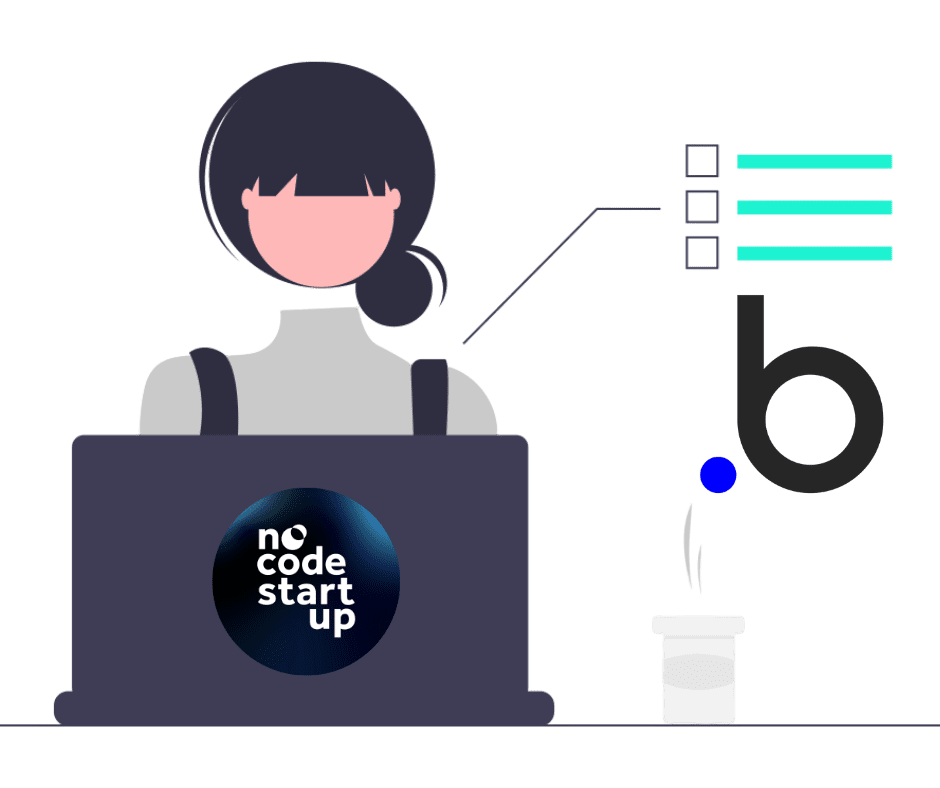Estimated reading time: 5 minutes
Introduction to the Best NoCode Automation Tools
Automating processes is one of the most effective strategies for optimizing time and increasing productivity in various areas of activity. Automations allow repetitive and mechanical tasks to be performed automatically, freeing up time for more strategic and creative activities. In this post, we will explore the best automation tools available on the market, compare their features, and help you choose the best one for your needs.
Stay with us!
What are automations?
Automations are processes in which softwares perform tasks automatically, without the need for constant human intervention. They involve the use of triggers and sequential actions, where a specific event initiates a chain of automated reactions. For example, upon receiving an email with a certain keyword, an automation tool can automatically save attachments to a specific folder, send a response or update a database.
Top Automation Tools
Currently, the top automation tools on the market are: Zapier, Make, n8n and BuildShip. Each of these tools has its own characteristics, advantages and disadvantages. We will analyze them based on ready-made integrations, ease of use, flexibility and values.
Comparison of the Best Automation Tools
1. Ready-made Integrations
- Zapier: As a pioneer of no-code automation tools, Zapier offers a vast number of ready-made integrations. Virtually every new tool on the market seeks to integrate with Zapier first due to its widespread adoption.
- make up: It also has a large number of ready-made integrations, making it much easier to connect different services.
- n8n: Although it has fewer integrations compared to Zapier and Make, it still offers a significant number and is constantly growing.
- BuildShip: Being a newer tool, it has fewer integrations, but is focused on creating API endpoints and back-ends, differentiating itself from others.
2. Ease of Use
- Zapier: Extremely easy to use, with an intuitive interface, it is ideal for those with no technical experience.
- make up: It has a user-friendly interface that shows the workflow in a visual way, making it easier to understand and use.
- n8n: It has a slightly higher learning curve, making it more suitable for developers due to its advanced interface and features.
- BuildShip: It still requires technical knowledge to configure and use, making it not the best option for beginners.
3. Flexibility
- Zapier: It loses a little in flexibility due to its ease of use, limiting some more advanced customizations.
- make up: Offers good flexibility, balancing ease of use with advanced capabilities.
- n8n: Extremely flexible, allowing great customization, ideal for complex projects and developers.
- BuildShip: Very flexible, especially for creating complex back-ends and automations, but requires technical knowledge.
4. Values
- Zapier: It has a higher cost, especially for large volumes of automation, which can be a limiting factor for many.
- make up: Offers more affordable prices, being very popular among Brazilians.
- n8n: It can be free if hosted on your own servers, making it an economical and scalable option.
- BuildShip: It does not yet have a well-defined pricing structure due to its newness in the market, but it tends to be competitive.
Comparison – Best Automation Tools
Who are these tools for?
- Zapier: Ideal for internal teams of medium and large companies looking for fast and efficient automation, with a low learning curve.
- make up: Perfect for entrepreneurs, marketers and freelancers who need business automation.
- n8n: Best for developers and projects that require robust and scalable automations.
- BuildShip: Aimed at developers who need to create complex back-ends and automations with application integration.
Best tool for creating AI automations
For artificial intelligence automation, the choice of tool largely depends on the type of integration and automation desired. Make and n8n stand out for their easy integrations with AI platforms such as OpenAI and LangChain, respectively.
Conclusion: Choosing the Right Tool for Your Project
The best automation tools can transform the way you work, increasing efficiency and freeing up time for more important activities. When choosing the right tool for your needs, consider integrations, ease of use, flexibility, and costs.
Want to know more about automations and other No-Code tools? Keep following our blog for more tips.
Join the NocodeStartup and be part of the No-Code revolution. Discover how to simplify technology and take your ideas further. Let's together make automation accessible and practical for you and your projects.
